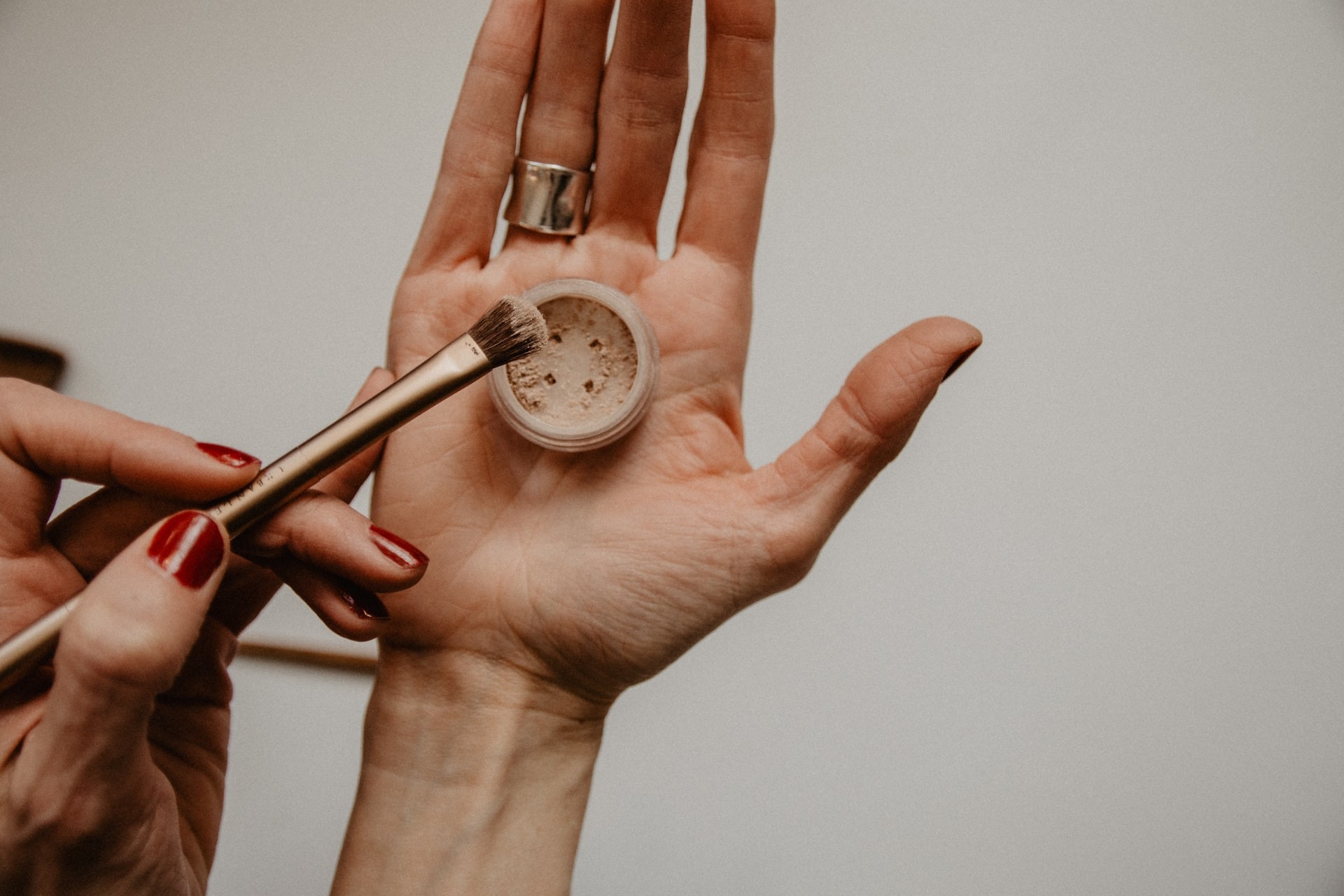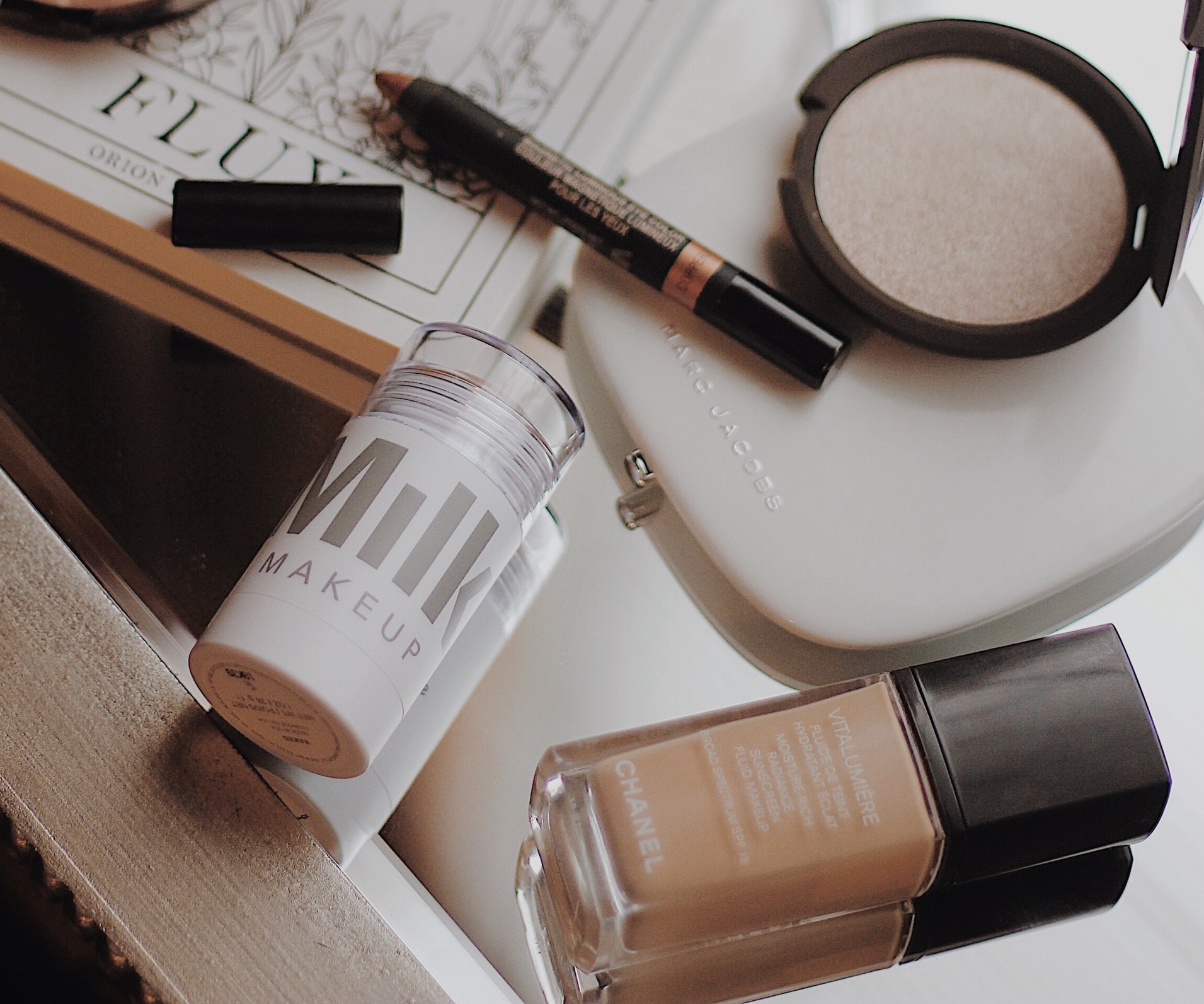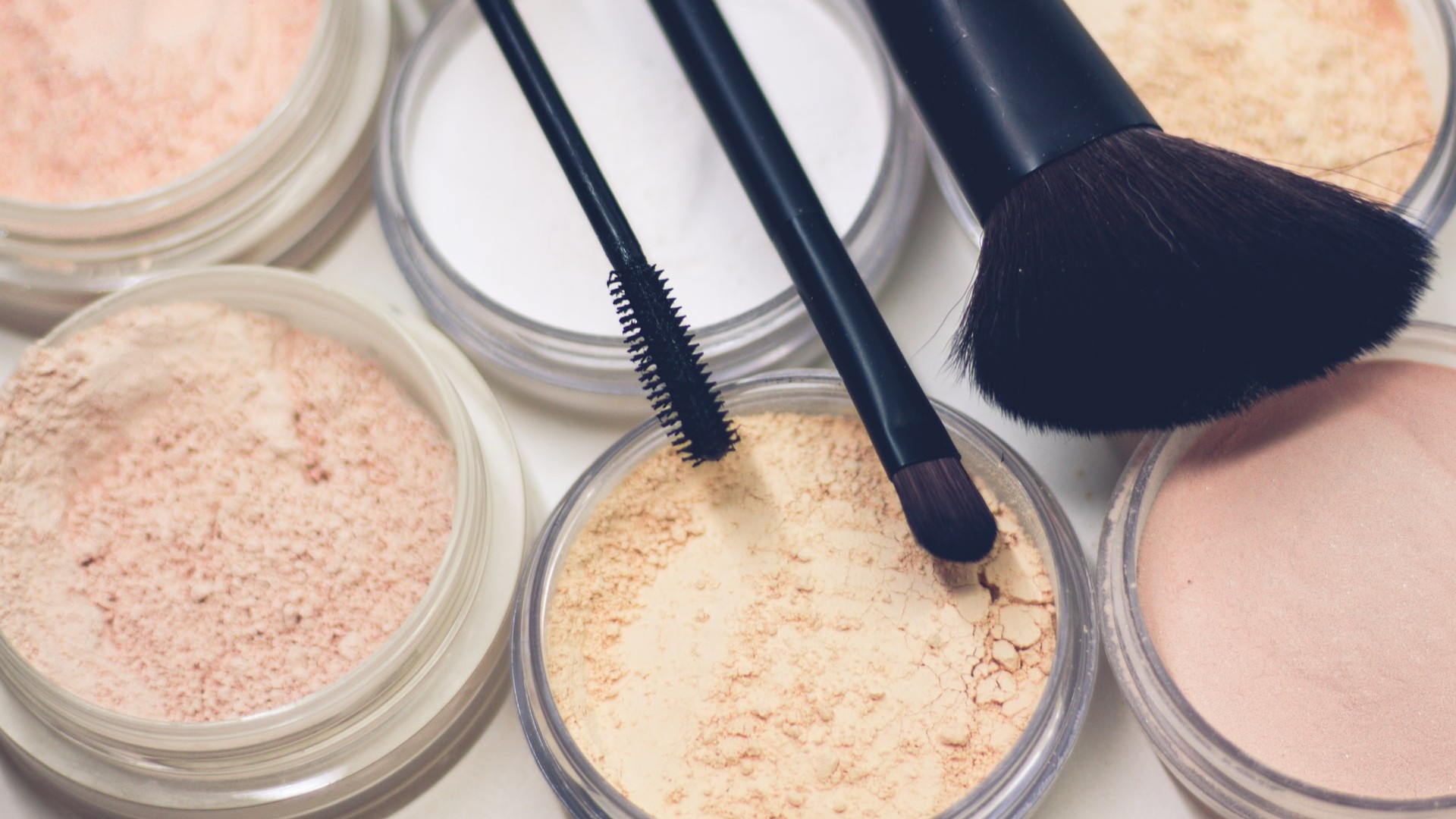Y'all have been keeping us busy with your questions! This week, we're covering some of our most frequently asked questions about concealer, foundation, highlighter, and bronzer. Let's get started!
Can I use foundation as concealer?
Formulate user Shelia asks:
Ok so is concealer a scam? LOL I kid but why should I use concealer if I already pay hella money for my fancy foundation. I feel like my foundation already gives pretty good coverage, so why do I need to spend more to get an equally fancy concealer? Are there any reasons I shouldn't just use my foundation as a concealer? And if I can use my foundation as a concealer, how do I use it? The only place I feel like I can't get good coverage with foundation is under my eyes, are there any tricks to get around that or do I have to buy an under eye concealer?
Thanks for your questions, Shelia! It makes sense that you're confused - sometimes, it does feel like we're endlessly told to buy more and more products! To answer your question, we spoke with blogger and cosmetic studio owner Nancy Pride. Here's her response:
Foundation can be used as concealer if the foundation gives heavy coverage. Sheer foundations don't cover well without multiple layers which create a cakey look. Concealers do have a greater advantage: many concealers are water proof and have greater intensity of pigment.
Whether you use a foundation that gives heavy coverage or a concealer, choose a slightly lighter than skin tone shade to cover and then tap the edges with a damp sponge so there are no demarcation lines. Applying a foundation primer first, helps foundation or concealer adhere. If covering a wine colored birth mark or tattoo, a yellow or lilac colored concealer may be needed to tone down the color before applying either a skin tone concealer or foundation.
Using a foundation as a concealer under eyes doesn't work as well. The tender, thin skin around the eyes tends to show more expression lines. Foundation being heavier accentuates the wrinkles. Add a little of your eye cream to concealer for under eye use to avoid accenting wrinkles.
Powder foundation vs liquid foundation
Formulate user Sumeeta asks:
When should I use powder foundation and when should I use liquid foundation? Is one generally better than the other?
Thanks for writing in, Sumeeta! To answer your question, we spoke with Vivi Mintara, a professional makeup artist and the CEO of eyemakeuplab.com. Here's her response:
The pros of powder foundation are that it is much more lightweight than liquid foundation, which allows your skin to breathe easier and reduces the risk of build-up. It also tends to last longer on the skin. It is the perfect foundation for the summer time because it helps combat the excess oils from the hot and humid summer days. Powder foundation can also set your makeup.
The main con of powder foundation is that it doesn't sit too well on dry skin and it can highlight dry patches by settling on dry and peeling flakes. To try and combat this, you can try using a moisturizer and primer first to reduce dryness, which should help the powder to sit better.
The pros of the liquid foundation are that it suits all skin types, and it is incredibly easy to apply full coverage that doesn't leave any hint of blemishes. This is because it is a thicker consistency than powder foundation. It is less likely to cling to dry patches and will fill in any wrinkles, enlarged pores and fine lines seamlessly. It is the perfect foundation for winter because it will give your skin a protective coating that helps retain moisture during the cold and dry winter days.It also has more options available for the 'finish' you'd like to achieve; matte, dewy, sheer, etc.

The main cons of the liquid foundation are that it isn't as breathable and it doesn't last as well in hot weather. Sweat can cause it to split, especially if it is a non-breathable liquid foundation. Skin can start to look oily throughout the day with liquid foundation. When applied it could oxidise, delivering a different tone to the shade you purchased.
Bronzer vs highlighter
Formulate user Joyce wants to know about bronzer and highlighter:
I always thought bronzer was just used to create a fake tan look. Does it have any other uses? And what's the difference between bronzer and highlighter?
Thanks for writing, Joyce! Below is an answer from Rachel Reid, CEO of Subtl Beauty:
Bronzers and highlighters do similar work but are actually opposites. Bronzers add pigment and are typically a few shades darker than your skin tone. They can be used to add dimension in the areas of your face that naturally catch shadows and create a chiseled look. Highlighters work in the reverse. They tend to be lighter tones and are often shimmery. Highlighters are used to bring attention to the parts of your face that catch the light, such as the cheekbones or tip of the nose.

Wanna learn more about the world of skin and hair care? Here's your next read:
Frizzy Curly Hair Care 101
How to defrizz your curls and get 'em back into shape!
Hot Rollers Vs. Curling Irons
What's the difference between hot rollers and curling irons?
Difference Between a Mole and a Freckle
What's the difference between a mole and a freckle?
Moisturizer vs Lotion: What's the difference?
Can you use body lotion on your face?
Tips For Washing Hair In Hard Water
This is your guide to washing your hair in hard water
Minimalist Hair
Welcome to the wonderful world of minimalist hair
Type of Combs: Materials and Shapes
Your complete guide to picking out a comb




